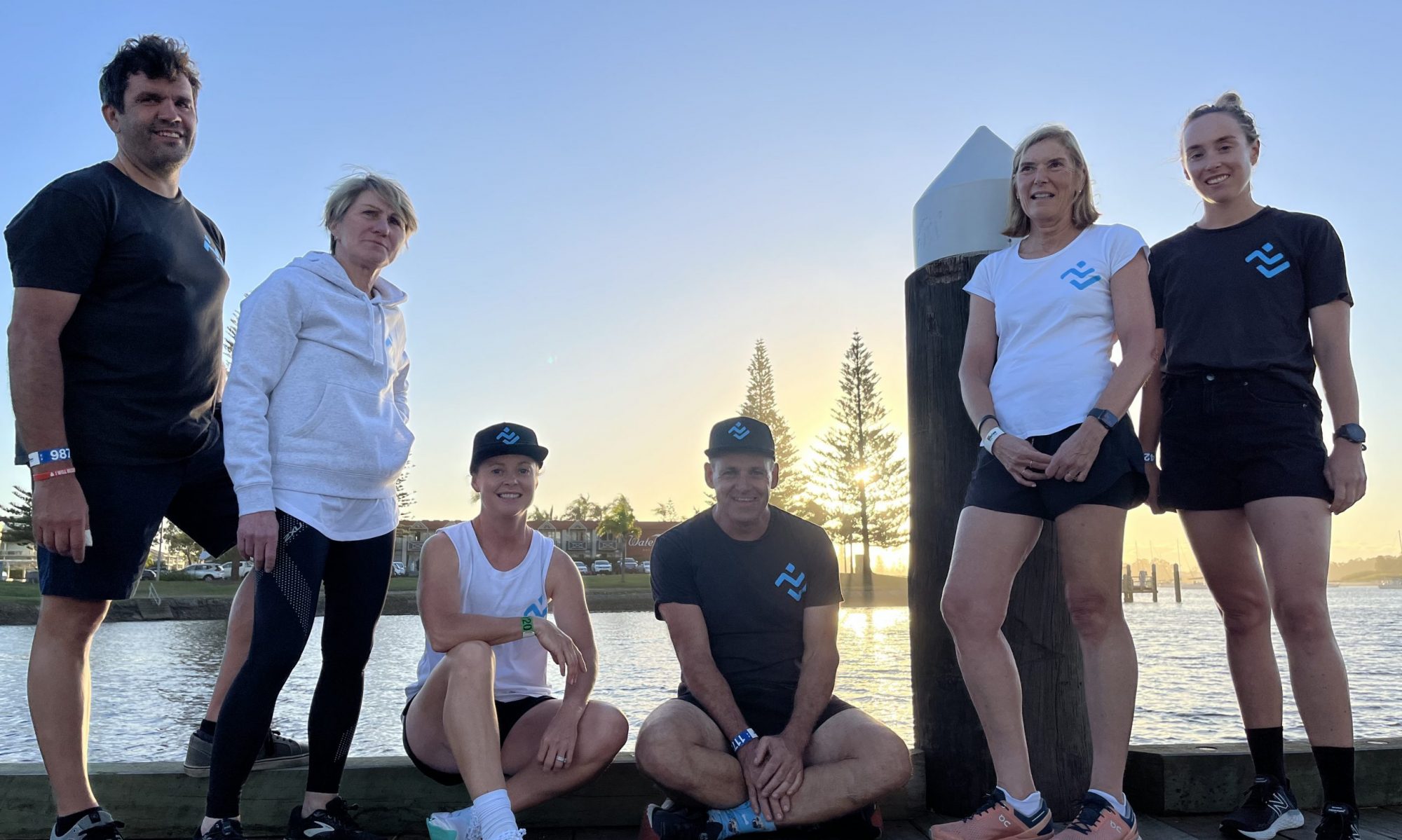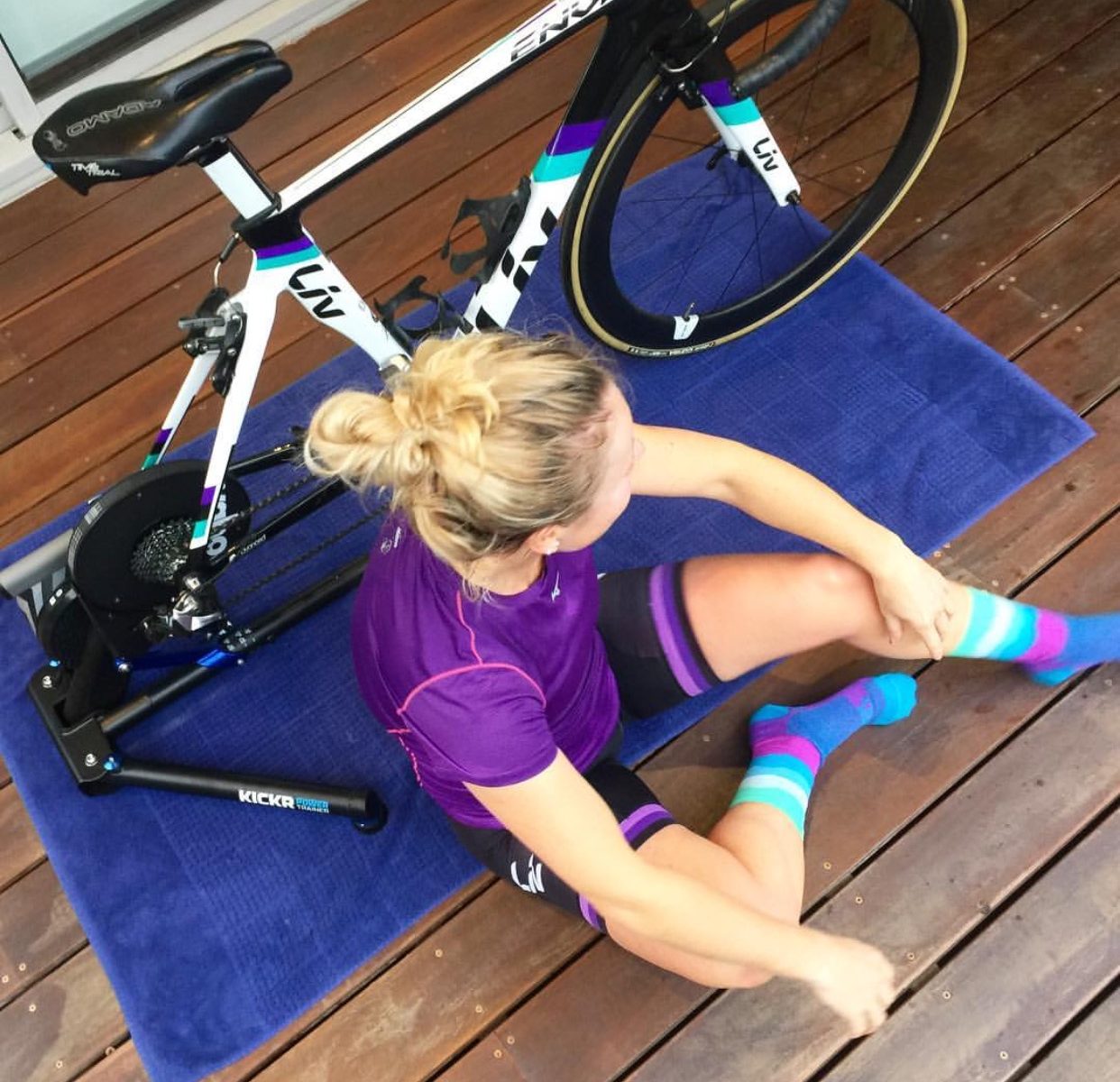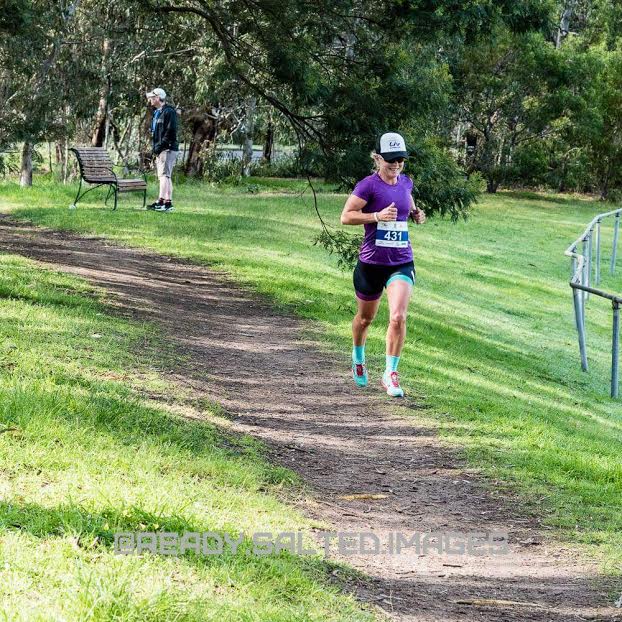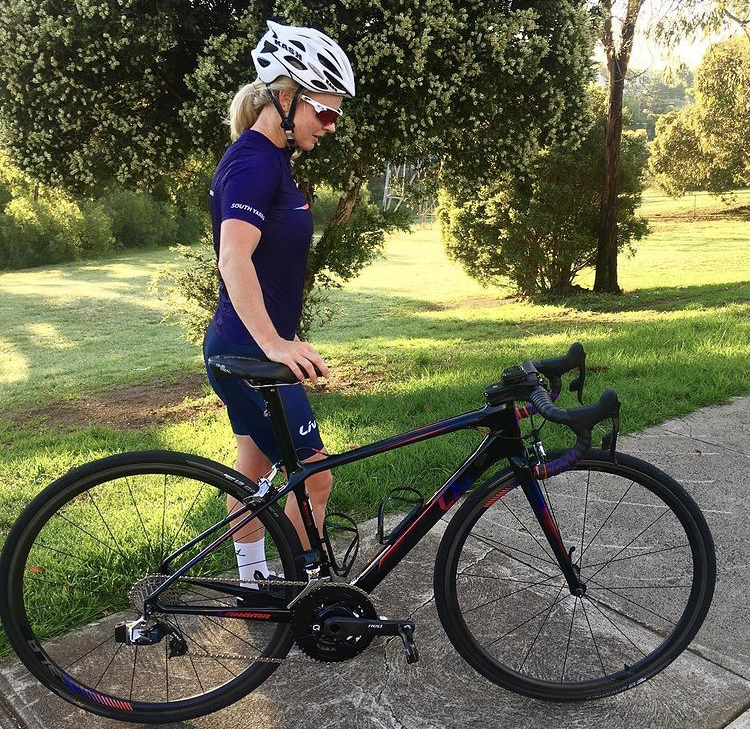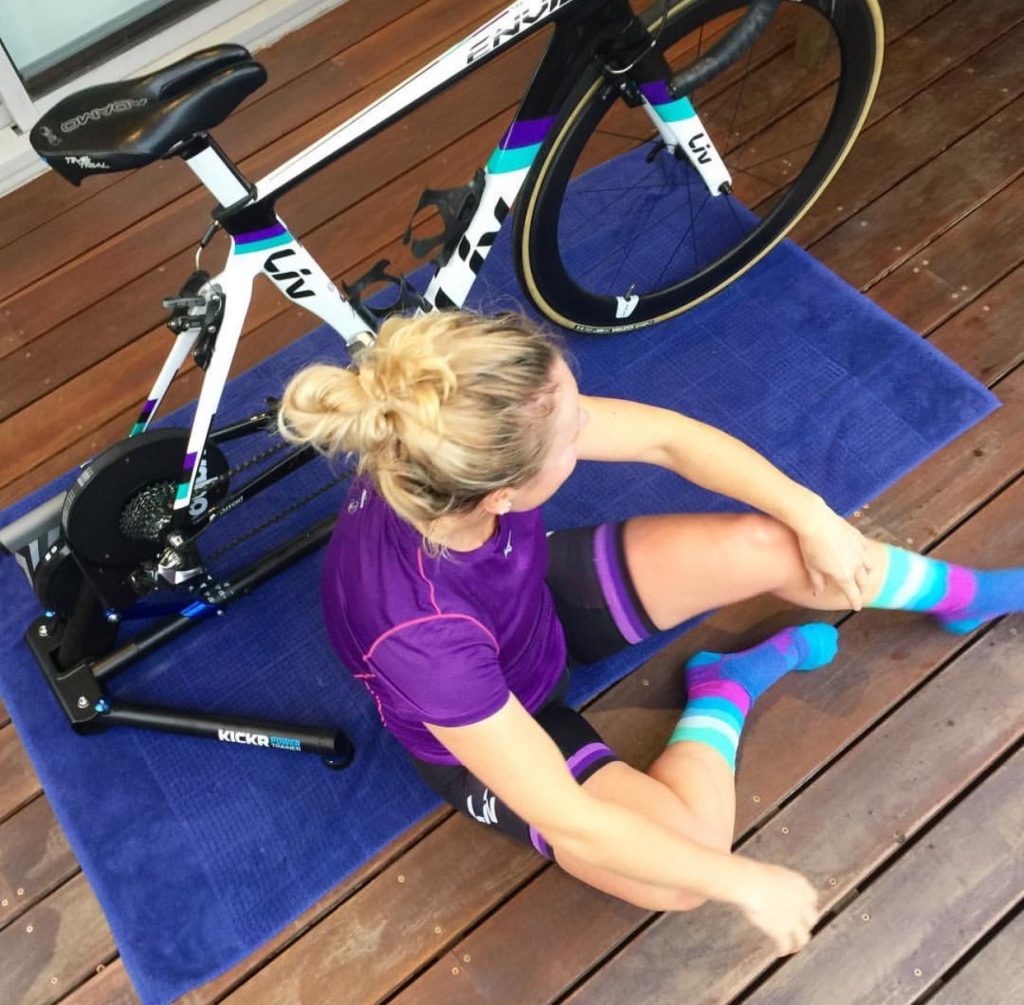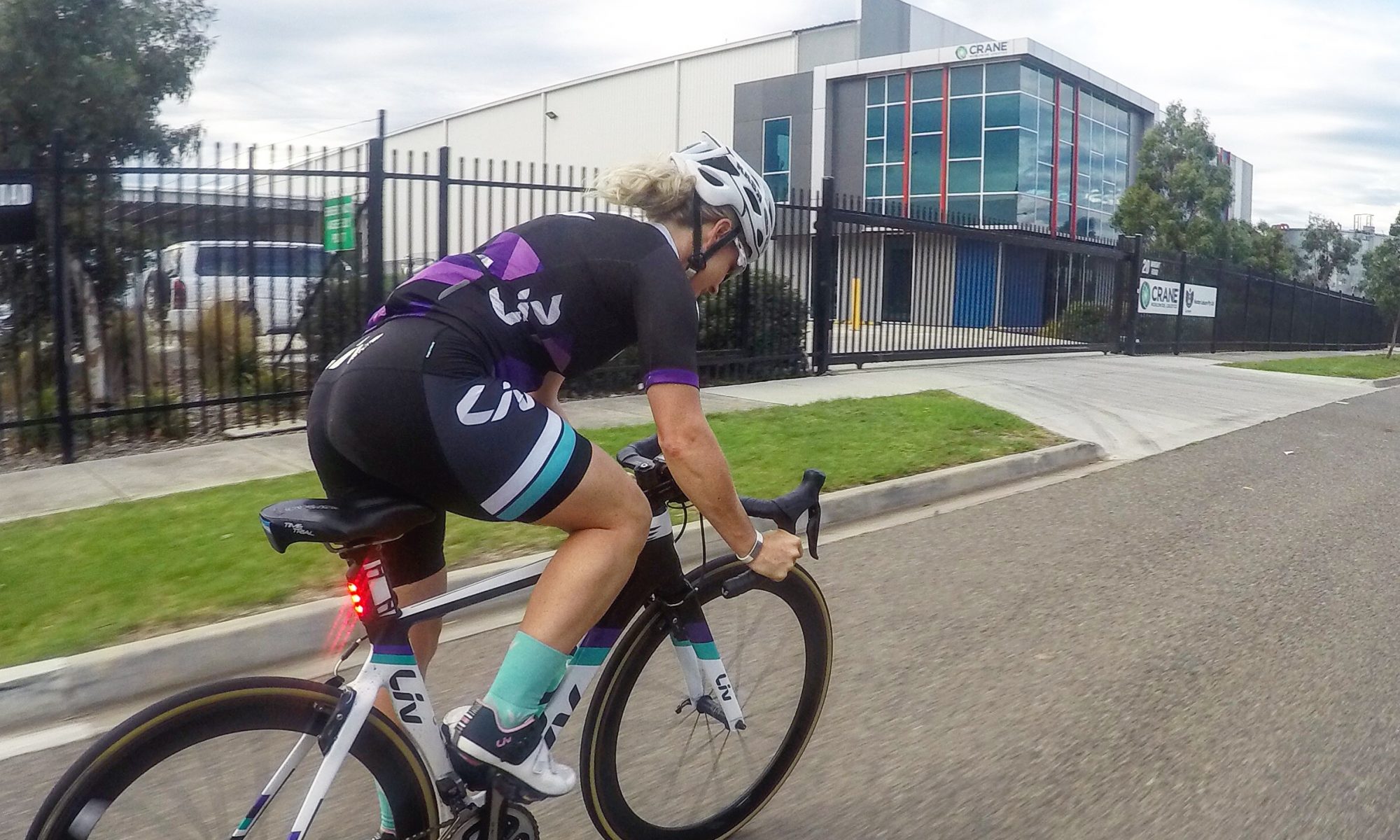“Triathlon isn’t who you are, it’s what you do. Triathlon shouldn’t define your worth, or be a means to prove yourself. Triathlon should be part of a lifestyle not take over your life. Everyone’s goals will be different, but those goals shouldn’t compromise your health and happiness.”
For anyone who has asked me, I have shared some of my story. Where I started and why, what drives and motivates me, what gets me out of bed in the morning. But what I haven’t shared until recently is the the tough parts of training for triathlon and Ironman. The bits that are hidden, unspoken, assumed not there. But for me, a few years ago, for 2 years (as an athlete) were extremely tough, I fought against my body for 2 years until I couldn’t fight any longer. I didn’t give up – it was far from that. What I did was went in search for answers. Answers to why I was tired ALL the time. Why I was fatigued, emotional, stressed, and why I couldn’t recover well. I had for so long gotten used to feeling like this that I had nearly come to accept it. But I knew it wasn’t normal, and I knew it was more than just the training load, so I kept looking until I found the answers and until I had a solution……
Our bodies aren’t machines, although we’d like to think they are, and we often treat them accordingly. But it took me to a point of collapsing into an emotional heap to prove that no one is invincible. Especially not me.
Our bodies are very complex, they are individual, and they need to be treated with the respect. They need to be listened to, understood, cared for and looked after. In the past I can be forgiven for taking advantage of mine. I’ve pushed it to its absolute brink, I failed to listen to it when it was screaming time and time again to stop. And the only way it knew how to stop me was to break down. For me, that breakdown first started in the form of injuries. I’m lucky not to have had many soft tissue issues during my 9years of triathlon, but I have had 3 stress fractures in 5 years. Two in my shines, and one in my femur. A classic sign that the body wasn’t coping with the load. And a classic sign of an athlete not listening to their body (or coach!). Each time I was a little bit smarter, learning more about my body on what was enough and what was too much. But when you are as driven, and dedicated and passionate as I have been to achieve the ultimate success in triathlon, sometimes you ignore those signs and so you live with the consequences.
So as my body healed from these, I continued my training, I was relatively injury free, managing my body well. Or so I thought. What I didn’t realise was I was actually slowly deteriorating my body from the inside out. I was constantly tired, forever feeling like a walking zombie. There were not many days in 2012/2013 that I don’t remember not needing a nap during the day. Sometimes that nap would be 10min and i’d be good to go again, other days I could sleep for 3hrs and still feel not just tired, but extremely exhausted. I say to people that I actually can’t remember much of my 2012/2013 season. A season that was my biggest and included my first Ironman and 2 world championship races. But all I remember from that time was training, sleeping and trying my hardest to work in between.
My brain was foggy, I found it extremely difficult to focus and even harder to remember things. Each day rolled into the next, each week was another week gone by, but I was losing count. I wasn’t living, I was simply existing and I had no idea how to break out of it.
I went to the doctors for blood tests and as usual came back with ‘You have low iron but everything else seems normal. Maybe you should eat more red meat’. I wanted to fist palm the doctor in the face. Was he actually listening to me? Was he even caring? I’d had low iron before and this was different. I physically couldn’t function normally day to day and how I continued through the year is beyond me, let alone continue to train and race.
I was then recommended to see a dietician, ‘maybe you aren’t eating enough’. I knew I ate a lot for my size and training volume but I was at a loss, so I reluctantly organised a consult. To my berwilderment, I was simply recommended to have extra calories any way I could, including in the form of Up and Go, bread and honey, and the like. I knew it baffled me at the time, but at the same time I was desperate so I went along with the plan. Not surprisingly it didn’t help one bit so I continued into my downward spiral.
I remember driving down to a training camp in 2012 and I was physically, mentally and emotionally exhausted. I felt like my body wasn’t my own, I could barely keep my eyes open let alone fathom coaching and training for 3 days straight. ‘What am I doing?’ I asked myself, and my partner at the time. ‘Why do I feel so damn tired all the time’ and I burst into tears. I was at a loss to what was going on and I didn’t have the support network around me to help me understand.
Just a month later I was due to head over to Vegas for the Half Ironman World Championships. I was supposed to feel on top of the world, I should have been jumping out of my skin to race, but instead I was slowly but surely fading away. I was again in tears just a week before the race, I was probably at my lowest point. A 5km easy run felt like a marathon, the amount of effort it took to put one foot in front of the other was enormous. ‘How am I going to do this?’ I questioned myself again.
Luckily though I had a week leading into the race and I could sleep and rest as much as I wanted and needed. It was just enough to revive my body to race, what I describe as my toughest race to date. The relief after the race wasn’t just the physical relief of completing a half ironman in searing 45deg heat, it was the emotional relief of getting to the finish line in one piece without physically and mentally falling to pieces.
You can read more about my race here.
It took me 2months to ‘recover’ from that race, and I say recover as I use the term loosely. I was never 100%, but I had my first ironman to train for so the journey started again. The plans were quickly derailed though, as my third stress fracture reared its head and put me out for those two months in late 2012, missing Noosa Olympic, Shepparton Half and Busselton Ironman which was to be my first full Ironman. A very expensive injury! Looking back, it was a blessing in disguise, but at the time I simply thought my body was failing me, and that when the injury healed I’d have to train even harder.
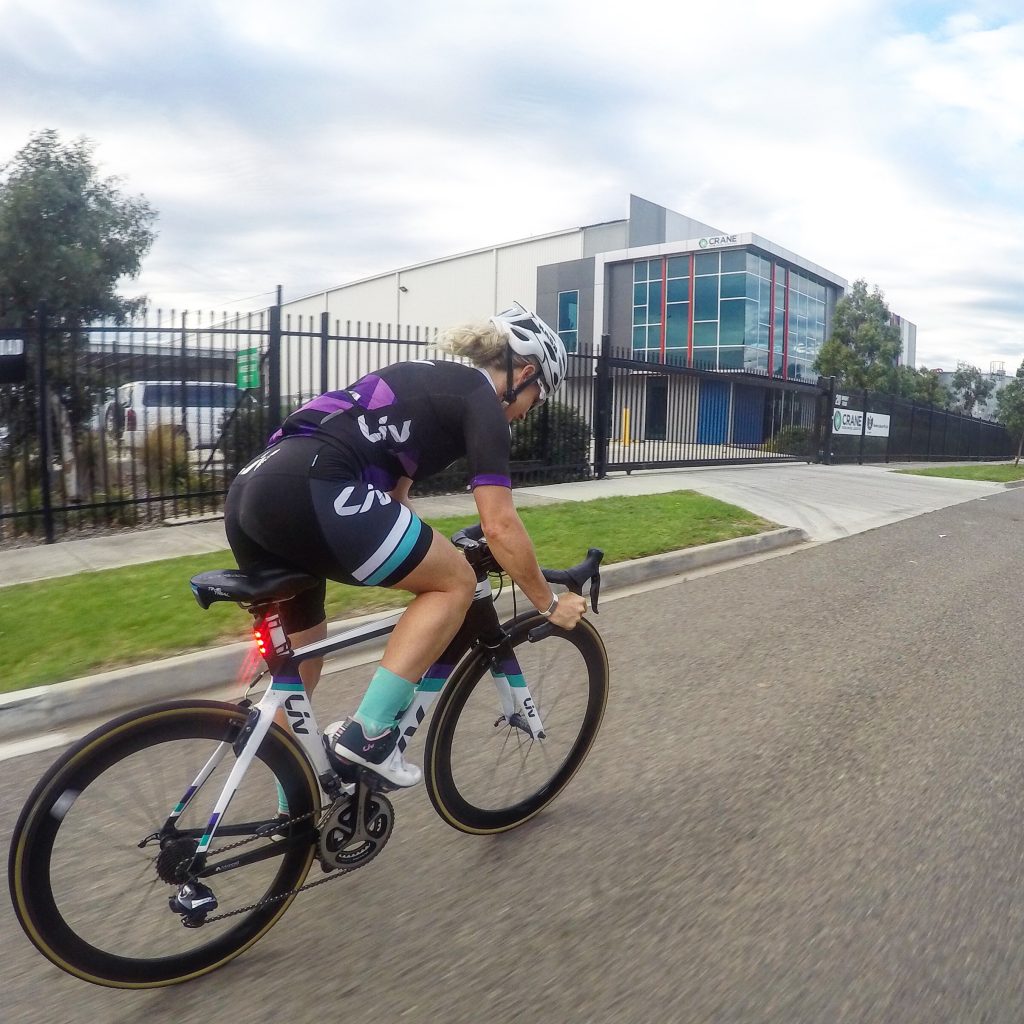
So after 2 months off, I got back into training and set my sights on Ironman Melbourne 2013 as my first Ironman. I’d convinced myself now that I wasn’t going to race this Ironman for myself, but for my athletes. To understand the process of training and racing an Ironman, to understand what it took, the sacrifices, the ups and the downs. And what a roller coaster it was. On the outside, not many knew what I was going through other than those close to me. I put on a hard shell when it comes to showing my emotions particularly with my training buddies and fellow athletes. I’m supposed to be strong and encouraging and there for those around me, which I was, but that in itself was draining me that little bit more. So I ended up doing most of my training by myself or with a very small select group of athletes. I isolated myself for self preservation. I supported and encouraged and guided and motivated the rest of my athletes, but to ensure I got to the start line I felt I had to conserve as much energy as I could, as the tank was slowly but surely being emptied.
In my emotional state I sought support from Dane from The Performance and Sports Psychology Clinic, the only person I felt I could talk to about my fears, my concerns and my doubts of being able to get to the start line. Although he wasn’t able to solve my issues of severe fatigue, he was able to help me control my mind when I was at my worst.
I mentioned briefly to a fellow athlete that I didn’t know if I could get to the start line at IM Melbourne and he laughed. ‘You’re the strongest girl I’ve trained with you will smash it’. Little did he know that the will to keep going was continually fading, my body was strong, but something else wasn’t right. Mentally and emotionally I was drained beyond existence.
There were tears and tantrums, good days but more bad, days of feeling invincible, and others of not being able to get off the couch. I was on a roller coaster ride and didn’t know how to get off.
Needless to say, I went on to race my first Ironman at Melbourne and although I didn’t doubt my ability, I managed to finish 3rd and qualify for the Hawaii Ironman World Championships. Not through luck, but sheer determination and bloody hard work.
The relief was enormous. I didn’t get the huge buzz though that people talk about when crossing the finishing line of your first Ironman, for me it was sheer relief. And in fact I don’t remember much about the race at all. To me the race ended up being a process of getting from point A to point B, and I had no desire to do another one… Until I found out I qualified for Kona, which changed those plans.
So another 6 weeks off post Ironman and I forced myself back into training. ‘If I survive this winter it’s going to be a miracle’ I remember thinking at the time. And at times it was. From the outside looking in, others wouldn’t have known, but it was a huge struggle getting to Kona. A constant battle of training, fatigue and recovery. I hid it well from others for the fear of looking weak. If only I knew how to reach out sooner, the journey could have been totally different.
I don’t regret going to Kona for one moment as it was an amazing experience, but I do feel like I lost a year of my life in getting there. I missed birthdays, births, celebrations, friends, and at times happiness simply because the only energy I had left in me was focused on that one race and that one goal. I had made it toKona – how could I not race?!
So I made a promise to myself that after Kona I would find a solution, I would go in search of answers, I would rest my body and I would have fun. I’d give up competitive racing until I had found the answers and until I was healthy and happy again.
And to get to that point it took me 15months. It took weeks of complete rest, and discovering my bodies needs. It took discipline to do nothing for ‘fear of getting fat’, but at the same time I knew it was what my body craved.
I was put in touch with Naturopath Dianne Scranton from Balanced by Nature. A woman who took the time to get to know me and my body and testing me for more than just ‘iron levels’. And the results were interesting to say the least! My cortisol levels were way out of whack, alarm bells went off with signs of adrenal fatigue which is why I was crashing after sessions. My levels were high when they should have been low and low when they should have been high. My body didn’t know what it was supposed to do and when. We also discovered I have a mutation of a gene called MTHFR which has also been contributing to my hormonal and adrenal issues and why I’ve been struggling to recover.
We started managing these things through a specific nutritional and supplement plan – not simply just eating more or getting stuck into more steak. It’s specific and measured and designed for me and my needs. I’ve been practising a high fat, low(er) carb diet, minimising gluten, along with specific supplements and improving my gut health and the results in just 6 weeks were amazing.
Most people don’t realise how good their bodies are designed to feel, and I was one of them. I now know what it should feel like and it is amazing!
Through this experience, my training philosophy and outlook totally changed . Finding a balanced approach in training, racing and life in general is of utmost important to me now and I stress that to my athletes also. Triathlon isn’t who you are, it’s what you do. Triathlon shouldn’t define your worth, or be a means to prove yourself. Triathlon should be part of a lifestyle not take over your life. Everyone’s goals will be different, but those goals shouldn’t compromise your health and happiness.
So I am excited to be sharing my experiences and my passion as it encompasses all that I believe in. And I’m excited to share that with as many people as I possibly can to ensure each of you can continue to enjoy this amazing sport for years to come.
Happy Training & Racing
Coach Sarah
Xx


